
2019 ALICE National Conference, October 3-4 2019
The ALICE National Conference will focus on safety and training for all who are dedicated to creating a safer place to live and work. The world is changing and it is imperative to ensure everyone is prepared through knowledge share and planning. Register today to secure your seat at the table and leave prepared to take your organization to the next level of safety. This is the premier event for our Certified ALICE Instructors, individuals and organizations who want to ensure they provide a safe place to work, learn and grow.
Our Stellar Speakers and Session Topics
Download agenda

Jennifer Barrows
St. Jude Children’s Research Hospital
Getting Started with Grant Funding: Navigating the funding landscape can be daunting but there are resources to help find your way through. In this session, you will learn the top 10 mistakes grant applicants make and how to avoid them. You will learn to look for restrictive administrative requirements such as cost sharing and how to determine if your institution can meet them. You will also learn how to start to write a grant and the best way to approach grant writing. Using an example from cradle to grave you will be given a basic tour of the entire grant funding process from “I need funding” to “I have to close out my grant.”
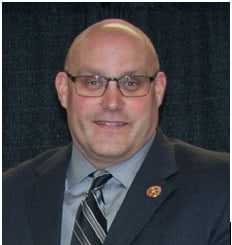
Dan Boerner
Special Agent, Bureau of Criminal Investigation
Crime Scene Investigation and Your Facility: This session will discuss the role of the crime scene investigator following an active shooter incident or other traumatic incident at your facility and what you should be prepared to do after crime scene processing.
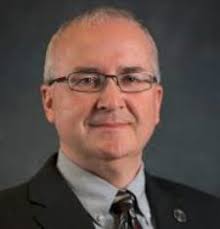
Mo Canady
Executive Director
NASRO
Mo Canady
Executive Director, NASRO
To Protect and Educate, The SRO and the Prevention of Violence in Schools
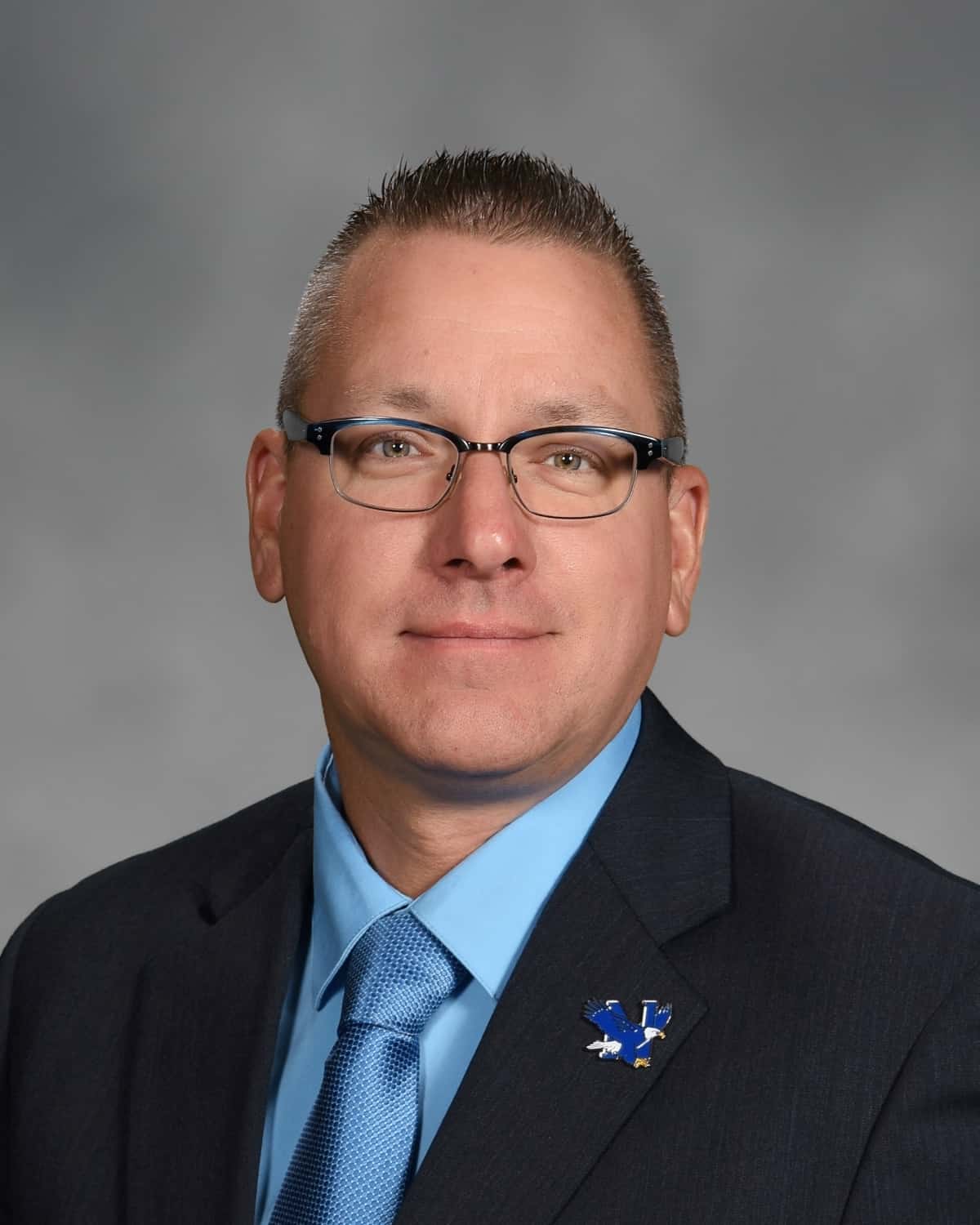
Alan Davis
Nazareth Area High School
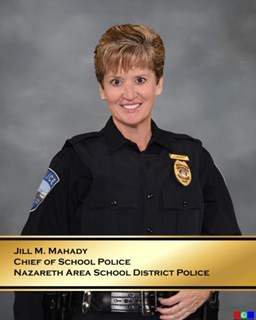
Jill Mahady
Chief of School Police
ALICE at Nazareth Area High School: Participants will be provided with an explanation and overview as to how Nazareth Area High School implemented ALICE – from educating and training all staff, students and parents – to how we plan, organize and conduct monthly ALICE-related drills and activities for the last 2 years. The presentation will be made by High School Principal, Alan Davis and Nazareth Area School District Chief of School Police, Jill Mahady. The presentation will be geared toward high schools.

Jeremy Cornwell
ALICE Training
Introductory Cyber Security for Yourself and Your Home: This session will teach you the first steps that need to be taken to maintain a more secure home network. This includes learning various techniques used at large companies and applying it to a home network. Unfortunately, some devices we use at home require some configuration and are not secure by default. In addition to home network security, we will go over basic techniques and configurations for computers and mobile devices to keep sensitive data secure.

Thom Fladung
Vice President, Hennes Communications
Winning on Social Media: Crisis Communications in an Echo Chamber: Organizations and leaders spend years building a reputation that social media trolls can tear apart in seconds. Social media has become a primary information source and a dominant driver of reputation for individuals and organizations. Experience has shown that applying fundamental crisis communications principles works – but they must be applied at the speed of social media. The faster and more forthright a company is when it responds to thorny, emerging issues on social media, the more likely it is to contain or neutralize what might otherwise become an extended and damaging attack.
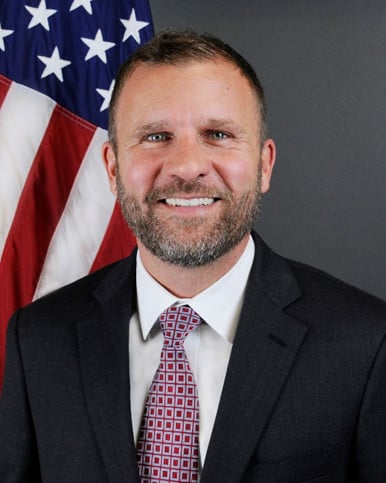
Justin Fleck
Assistant Special Agent in Charge FBI Miami Division
Shots Fired! Active Shooter: ASAC Fleck will present the analysis and findings of the FBI on past shootings, which will include the Marjory Stoneman Douglas shooting in Parkland, Florida investigation. He will discuss personal accounts of working several active shooter events that occurred in the FBI Miami Division’s Area of Responsibility over the past several years. The presentation will stress the importance of proactively planning to deal with these types of incidents.
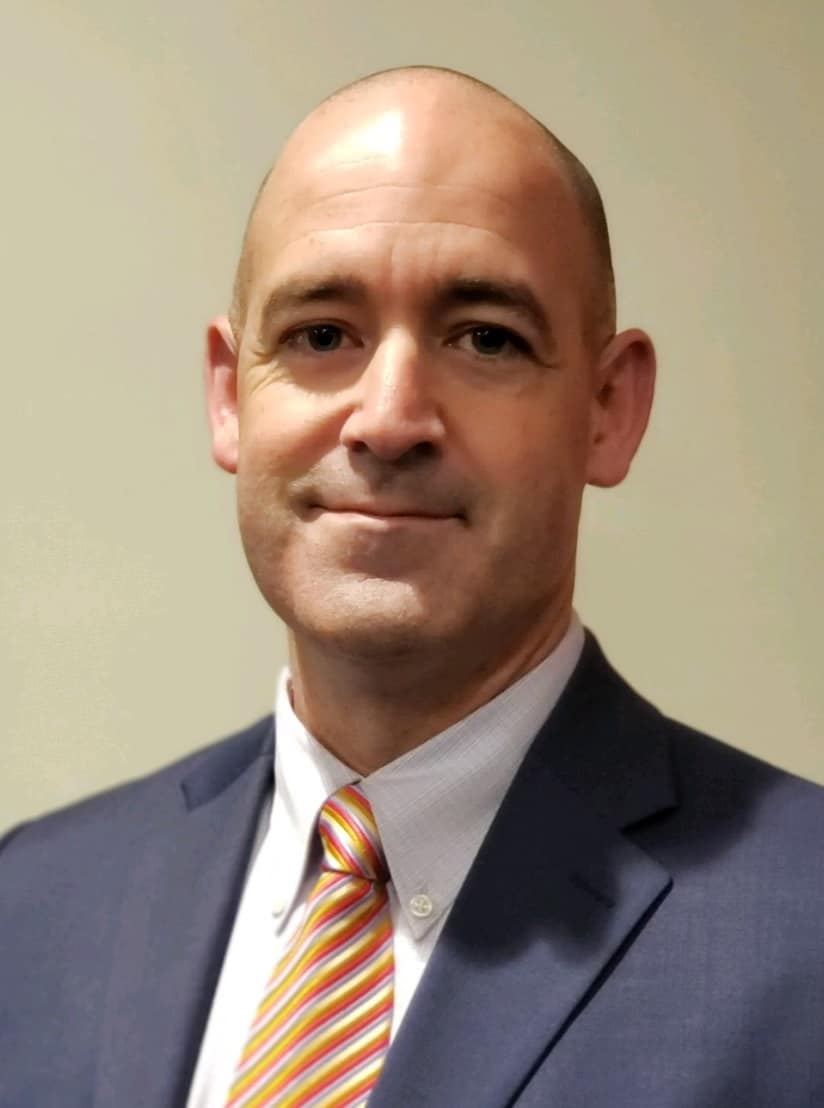
David Frattare
Director of State Investigations/ ICAC Commander
Is It Worth The Risk?: This presentation will focus on the dangers of the Internet and social media and include an overview of current trends and areas of concern for parents and caregivers. The presentation will also include tips on keeping children safe and what to do if a child or parent suspects victimization.
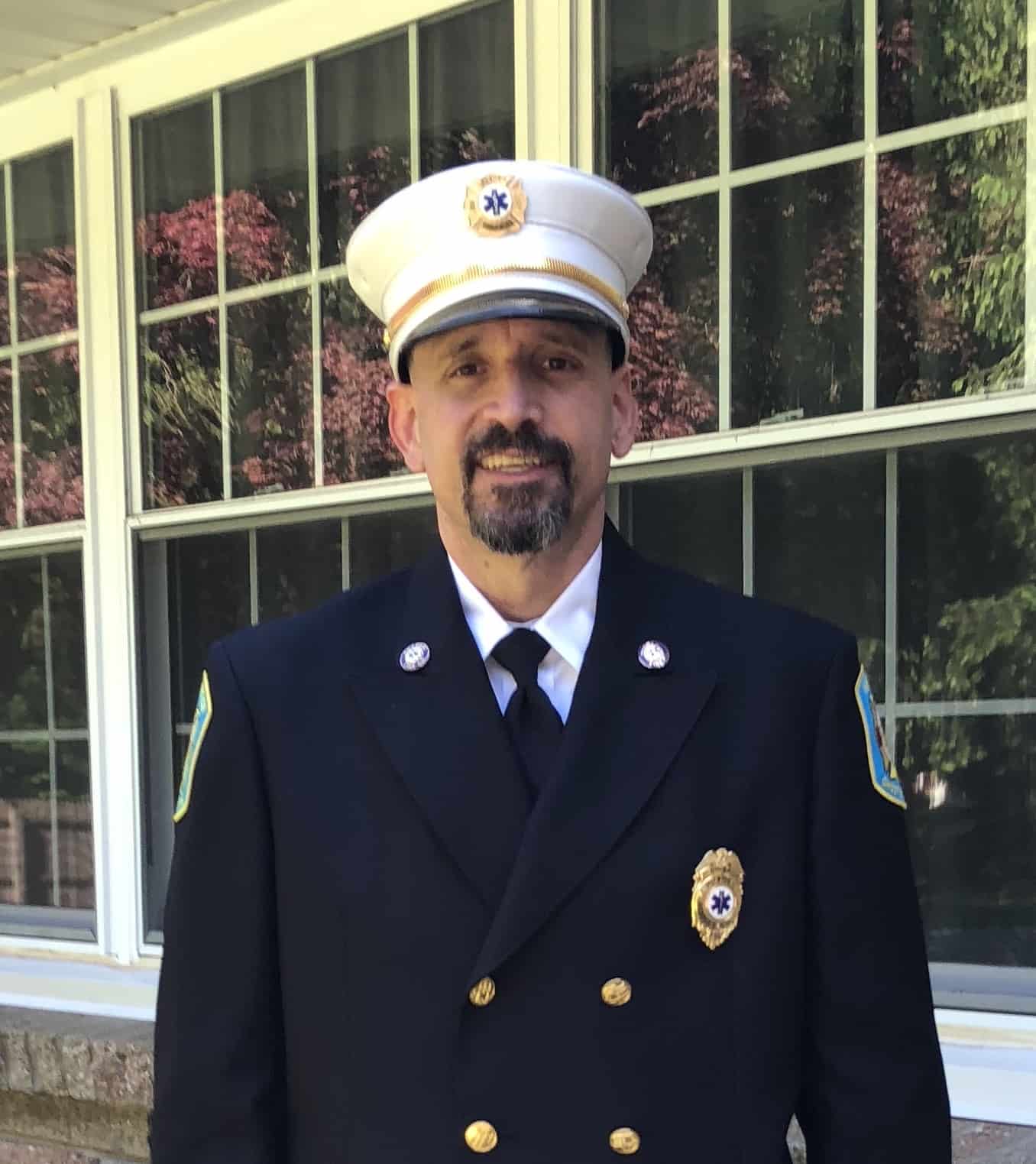
Scott Gallagher
Goshen Fire Company EMS Chief/Westtown School
Opioids: Addiction and overdose transcending all demographics. It can be someone you know: Opioid abuse is at an all-time high. We see more cases of acute opioid overdoses every week. Opioids are no longer simply the choice of alley dwelling junkies, although what starts as innocently as a medication prescribed by a doctor may land someone right in that place.
What can we as educators do to help recognize signs of opioid addiction before someone reaches the crisis of an acute overdose? What can we do when we encounter an overdose? What resources and training should we all have to help people who are struggling with this before they end up potentially dying from this?
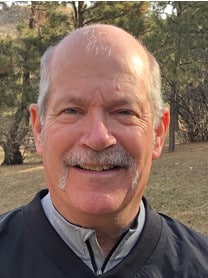
Christopher Grant
Rapid City SD Police Dept. (Ret)
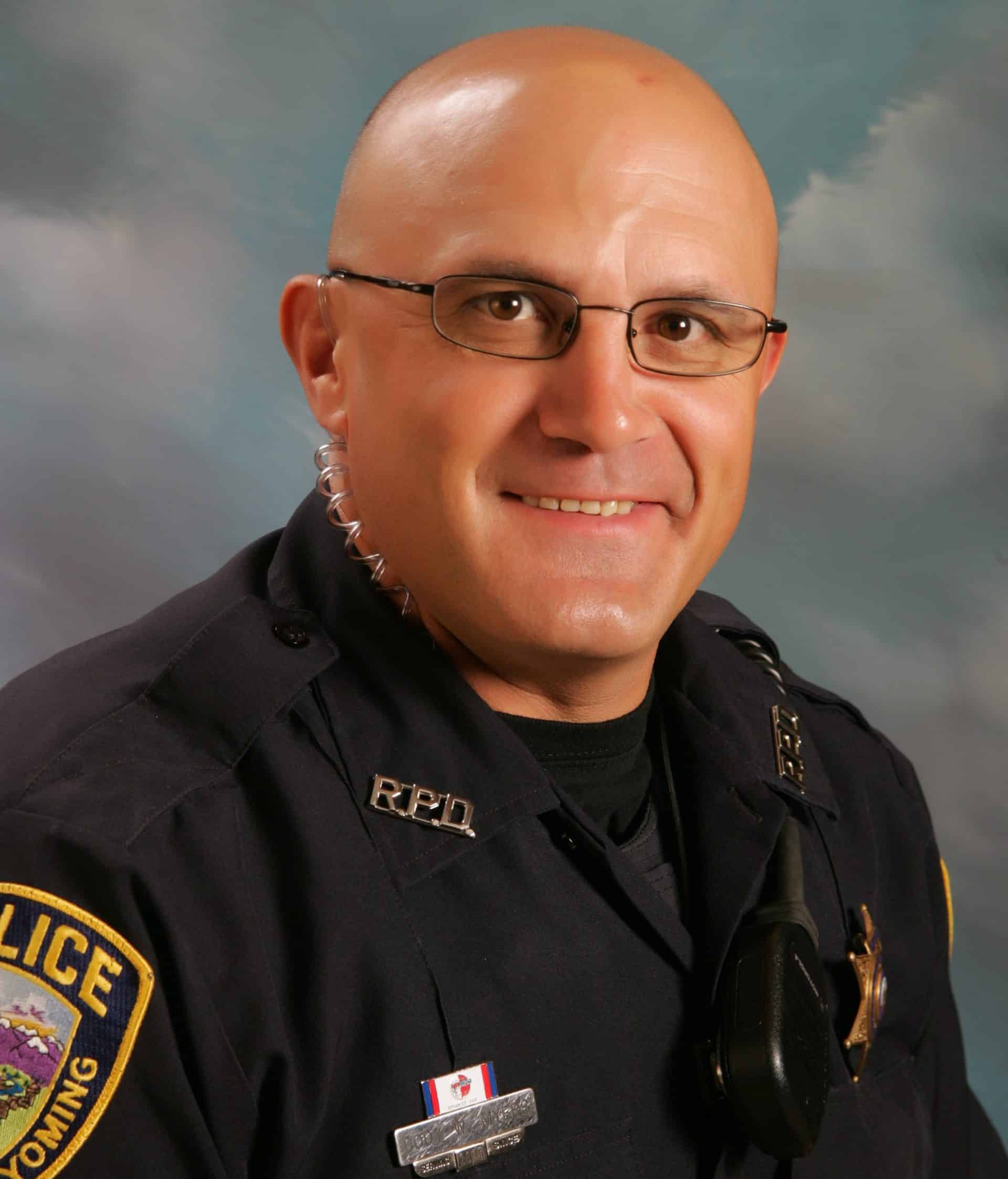
Cody Myers
Riverton Wyoming Police Dept. – SRO
Recognizing and Responding to the Gangster Mentality in the School Environment: The criminal street gang subculture continues to impact large and small communities across America. Schools are consistently at-risk for experiencing the impact of the gangster mentality through threats, intimidation and/or acts of violence occurring on campus or during school-related events. This session is designed to provide a basic overview of the gang subculture and the gangster mentality, as well as to inform attendees about effective methodologies for addressing such behavior within the school environment before acts of violence occur.
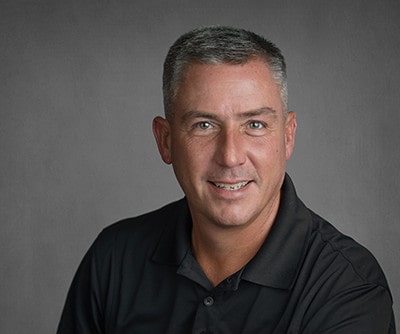
George Hunter
ALICE Training
Practical OODA Loop Demonstrations: The demonstrations to be presented are the same demonstrations completed in the two day instructor course. The demonstrations show participants the science behind our classes as it pertains to how the human brain reacts to movement, attempts to multi-task, reacts to unexpected stimulus, and how movement and distance can place the active shooter at a disadvantage. These demonstrations have been proven to work and are a valuable portion of our training sessions.
Carol Kaminoski
MetroHealth Medical Center
Stop The Bleed Training: No matter how rapid the arrival of professional emergency responders, bystanders will always be first on the scene. A person who is bleeding can die from blood loss within five minutes, therefore it is important to quickly stop the blood loss. Those nearest to someone with life-threatening injuries are best positioned to provide first care.

Lisa Pescara-Kovach, Ph.D.
Associate Professor, Educational Psychology
University of Toledo
Identifying and Preventing Domestic and Foreign Terrorist Organizations’ Youth Recruitment Tactics: The March 2019 terror attack in New Zealand was committed by a follower of “The Great Replacement” philosophy. Twenty years ago, Albert Camus created the term that is now the title of an anti-Islam movement working to recruit young people within the U.S. and abroad. Like foreign terrorist organizations, the domestic movement is weaving its way across our nation via hidden social networking pages available on sites like on Facebook and Twitter. Law enforcement should be aware of how social media is used not only to spread the philosophy of extremist views but also how skilled are the terrorist groups at trolling our youth, looking for themes that they will be easy to lure into this belief system and related violence. Attendees will gain insight into “The Great Replacement” and related domestic terror movements, in addition to key foreign terrorist organizations and their recruitment efforts.

Cheryl Lero Jonson, Ph.D.
Associate Professor of Criminal Justice
Xavier University

Melissa Moon, Ph.D.
Associate Professor of Criminal Justice
Northern Kentucky University

Vicki Abbinante, Ph.D.
School Safety Program Coordinator
Emergency Management Agency
Panel Discussion on What the Research Says: There are currently two competing paradigms informing civilian active shooter approaches: single-option traditional lockdown and multi-option responses. While there is much aecdotal evidence to draw upon concerning the effectiveness of each approach, empirical evidence on the issue has been absent. Seeking to fill that empirical void, live simulations were conducted to determine which approach resulted in a quicker time to resolution and fewer individuals shot. The findings suggest that multi-option approaches appear to be more effective than traditional lockdown in the survival of civilians.
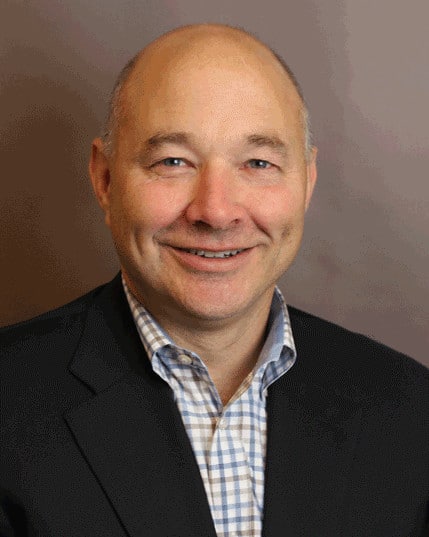
Dennis Neate
Vice President, Medina Oswald Companies

Jason Stevenson
Vice President, Practice Leader – Captives
Active Assailant – What is or what isn’t covered under my current insurance policy? How can I protect my business: Open discussion on what is typically covered under commercial insurance policies and what is not. We will review products that cover the items that are typically excluded. We will go over what is covered under a typical commercial general liability police. We will also discuss what coverage is available to protect your organization.

John (Jack) O’Brien
PA Office of Attorney General (Retired)
Violent Critical Incident Digital Forensics & Cyber Considerations: In order to discover what is digitally stored in a device, there are methods that can be used which are forensically sound and methods that are not. In exigent circumstances, it may not be possible to take the correct forensic steps in order to preserve the evidence, when the real-time data is important. Laboratory, “curbside” and less technical steps will be explained and what may be gathered or missed during each event. There are usually trade-offs and balancing these are critical to successful digital information outcome.
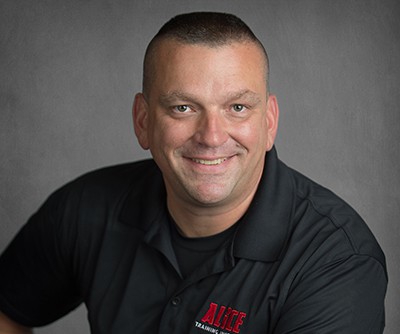
Chris Pattie
JC Tactical, LLC
RAIDER
Solo Engagement Response for Law Enforcement: This session is for Law Enforcement personnel only. We will discuss the use of infrastructure, movement and natural reaction of the body to protect their rear while making entries into rooms and hallways. We will do hands-on demonstrations for response to active shooter events.

Paul J. Shaughnessy
NAPWADA Master Trainer
Explosives, Narcotics, Utility
Utilizing the K9 in schools – Live Demo: We will discuss the use and benefits of using detection dogs within an organization. We will go over the dog’s capabilities such as illegal narcotics detection, firearms detection, community engagement and more. We will discuss how dogs can deter violence, enhance trust and influence individuals. This includes live demos with dogs.
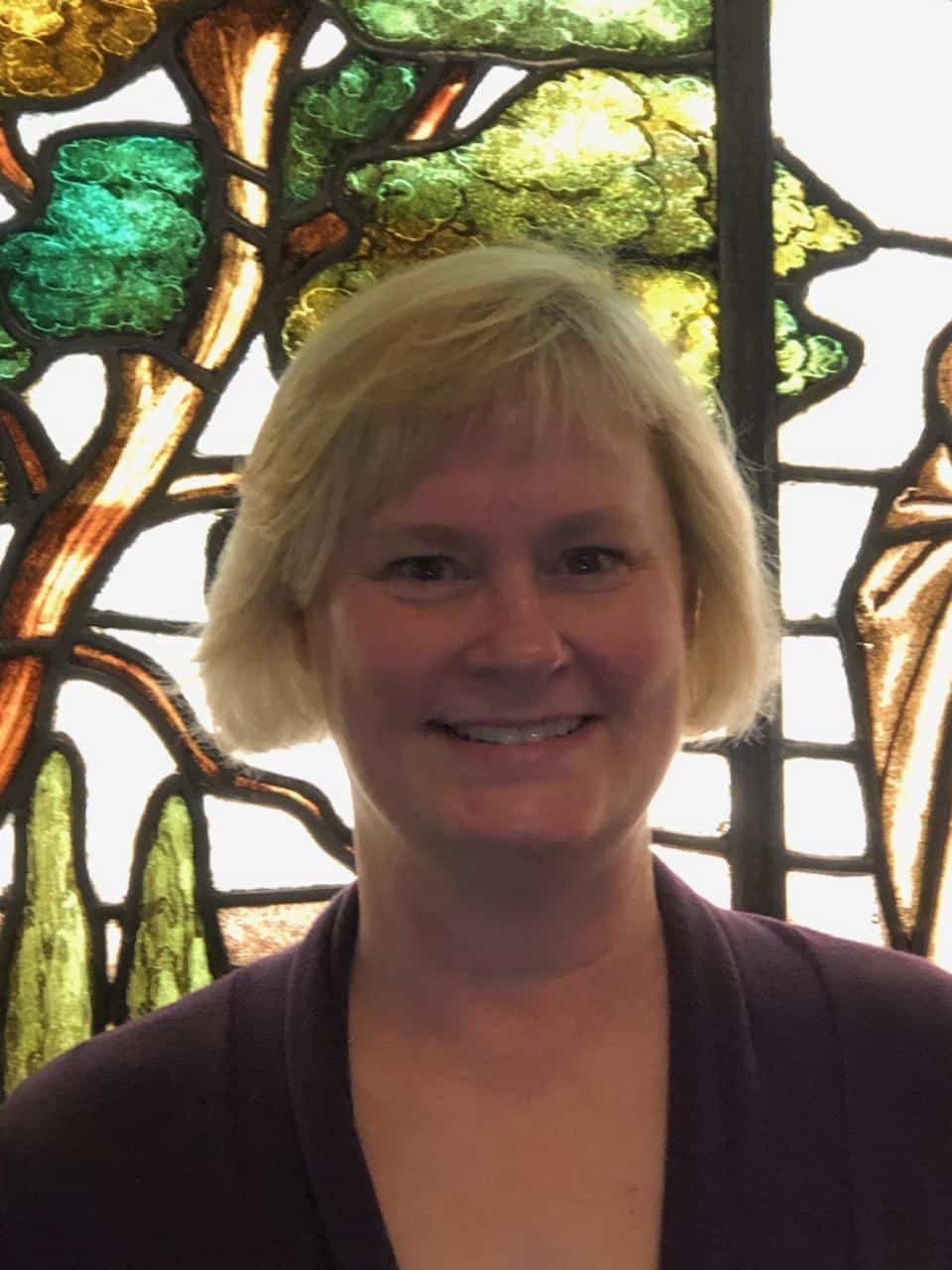
Gayle Vaul
Chicago Fire Department Firefighter/Paramedic, Retired
Getting Your Place Of Worship On Board: How and where to start getting your church on board with safety and security. Ideas for getting your Council and Congregation to cooperate. Free and/or inexpensive ways to make your church safer. Walk through the inception of a “Safety Committee” to a “Safety Ministry”. Picking the right team members. Getting the right education and training for your team. How to get your different committees to help ie. quilters, outreach, Council. Ministry application process. Training the Ministry. How to handle to the naysayers. Faith-based answers to church safety.

Jennifer Wakefield
Lucas County Suicide Prevention Coalition
Preventing suicide after a critical incident, practical steps to move forward as a community after a traumatic event: With school shootings, suicides and other trauma event rising almost yearly, more than ever communities want to know what they can do and how together we can be gatekeepers. In 2018 there were 24 school shootings, ending 114 lives and more than 20 mass shootings occurred under the criteria defined by the FBI. In this training, participants will leave with the knowledge of how to detect there is a risk, steps to help someone in a mental crisis, and resources to use to prevent contagion.

Kerri J. Williamson
NASRO Training Director
Adolescent Development and Mental Health: School resource officers and school personnel need the tools to better identify, understand, and respond to students who are suspected of having a mental health need. This session will give a brief overview of adolescent brain development and how to better identify possible mental health needs in students.
 Howard Woodruff
Howard Woodruff
Advanced Crisis Preparation and Intervention
It’s All in Your Head: Mental and Emotional Crisis Preparation: It’s good to know the mechanics and actions to take during a crisis, but if one isn’t prepared for the psychological and emotional impact that the crisis creates then the responder will be unduly compromised before, during, and after the incident. Understanding how the body and specifically the brain, functions when it comes under severe stress or crisis is the first step in understanding our personal response to such situations. With that understanding, we can then anticipate our responses and strengthen our weaknesses to build our appropriate mental and psychological response.


